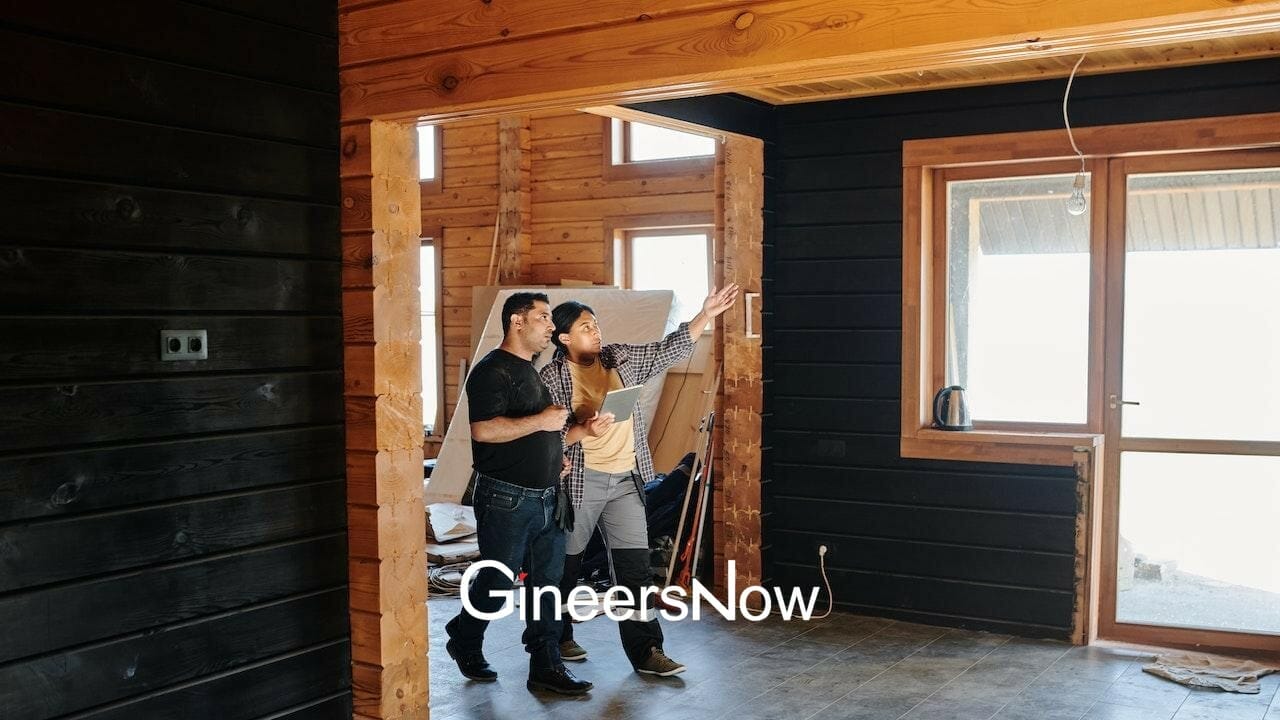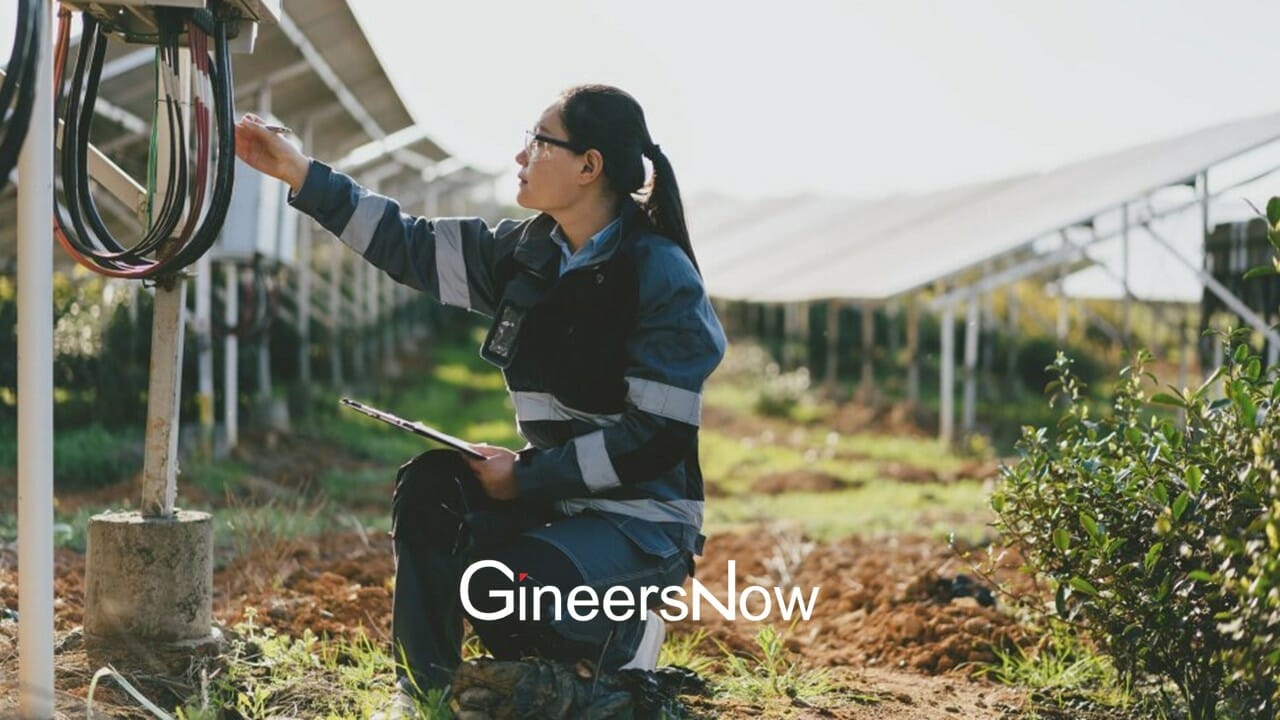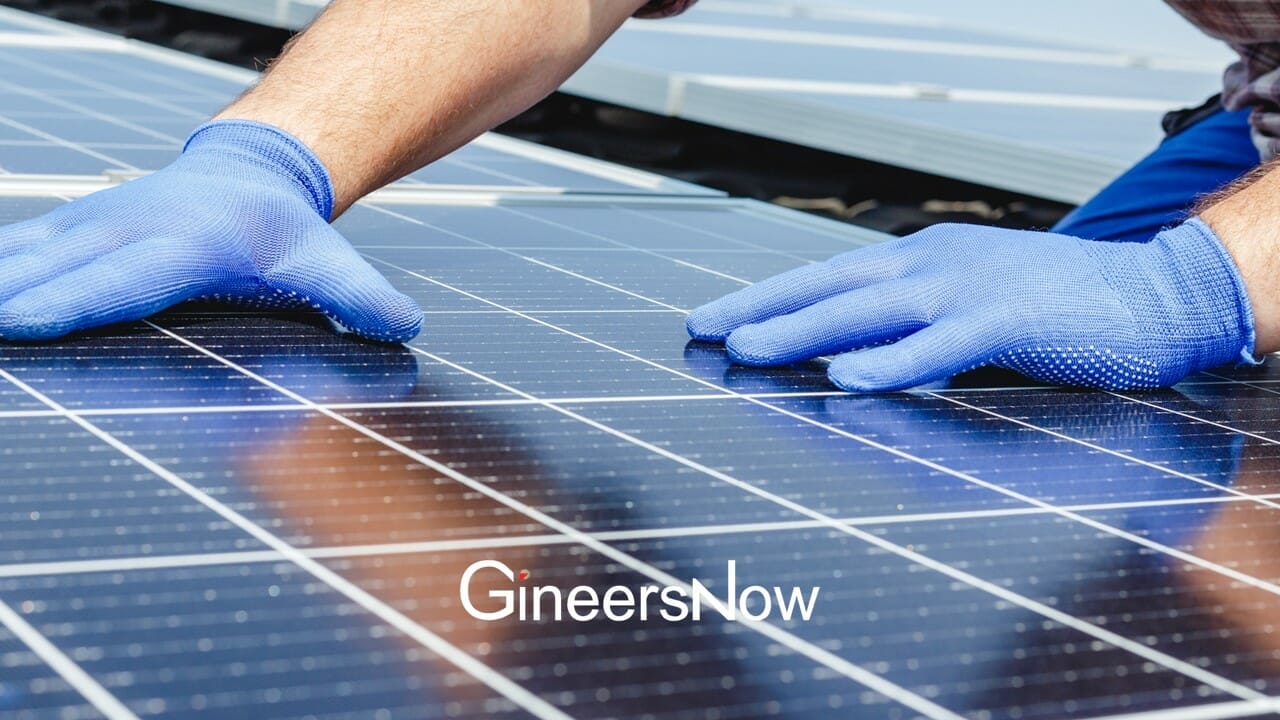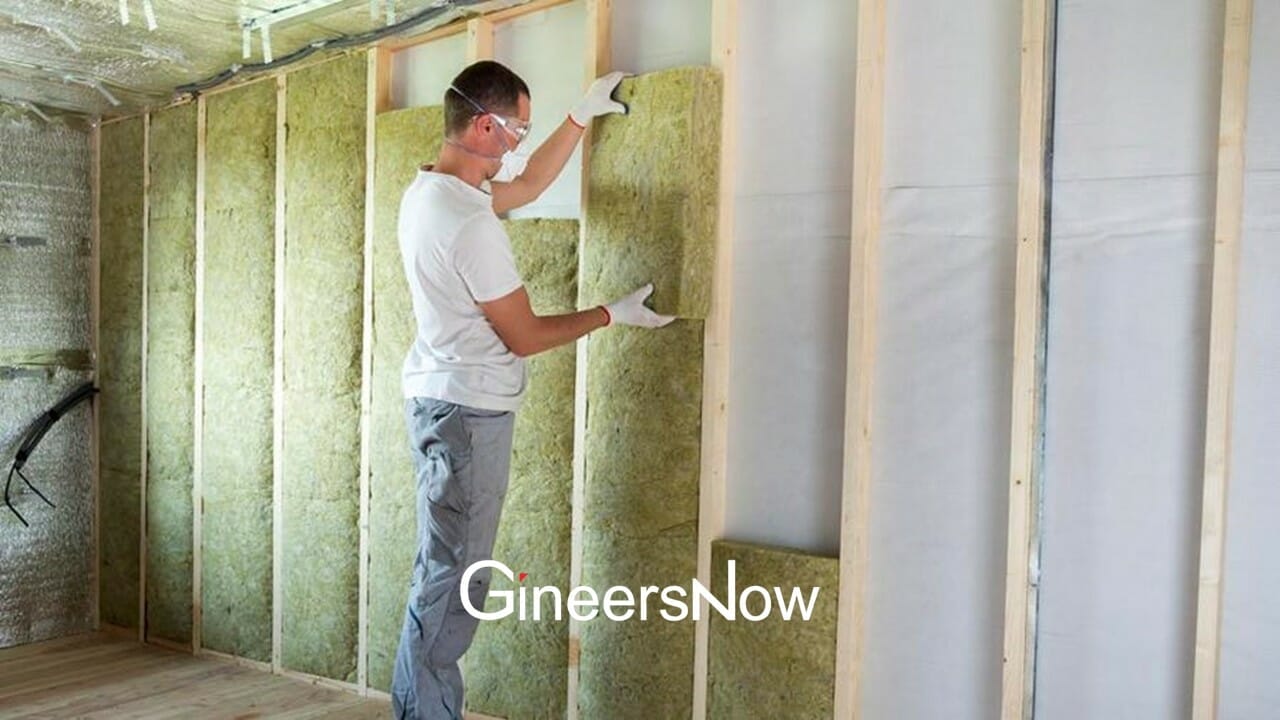Some agricultural wastes do not have to be thrown out and discarded as they can be used in the production of insulator material in buildings.
This is what researchers from UAE University has recently developed, which is a new type of material from agricultural waste of date palms mixed with an unsaturated polymer.
Dr. Basim Abu Jdayil, leader of the research and professor in chemical and petroleum engineering in the university, said, “In the UAE, we have to deal with very hot weather and as a result of this, we need to use some kind of insulation material to handle the temperatures. So our project idea is to utilize the agricultural waste that we have to produce a new type of material that can act as building insulators.”

Dr Jdayil holds the actual insulator material his team has developed. Source: UAEU
He added that making current insulators requires a lot of energy and costs. But producing insulation material from the agricultural waste is “more cost effective, requires less energy to make, and is also environmentally friendly”.
So far, the insulator material the team has produced is a mix of polymer and the agricultural waste in a specific form. It is solidified to become a building insulator.
Dr Jdayil shared that the target is to have a 100% green insulator, which is at around 50% at present.
Other than being a sustainable material, this new insulator material has its advantages.
According to Dr Jdayil, the materials typically used for insulation — such as polyurethane, polystyrene, and mineral wool — suffer from low mechanical properties that limit their use in the construction process.
That means there is a necessity for an insulating material that possesses excellent mechanical and physical properties in terms of saving energy, preventing water leakage, and ease of handling and machining, and that can be extensively used.
Having exposed to extensive testing since its inception in 2010, the material is sure to pass all mechanical, physical and thermal building insulation standards.
“It gives waste a new and valuable use while having the potential, versatility, and low cost that will allow it to be utilized more widely across the construction sector than the alternatives currently available.”
Source: Gulf News














